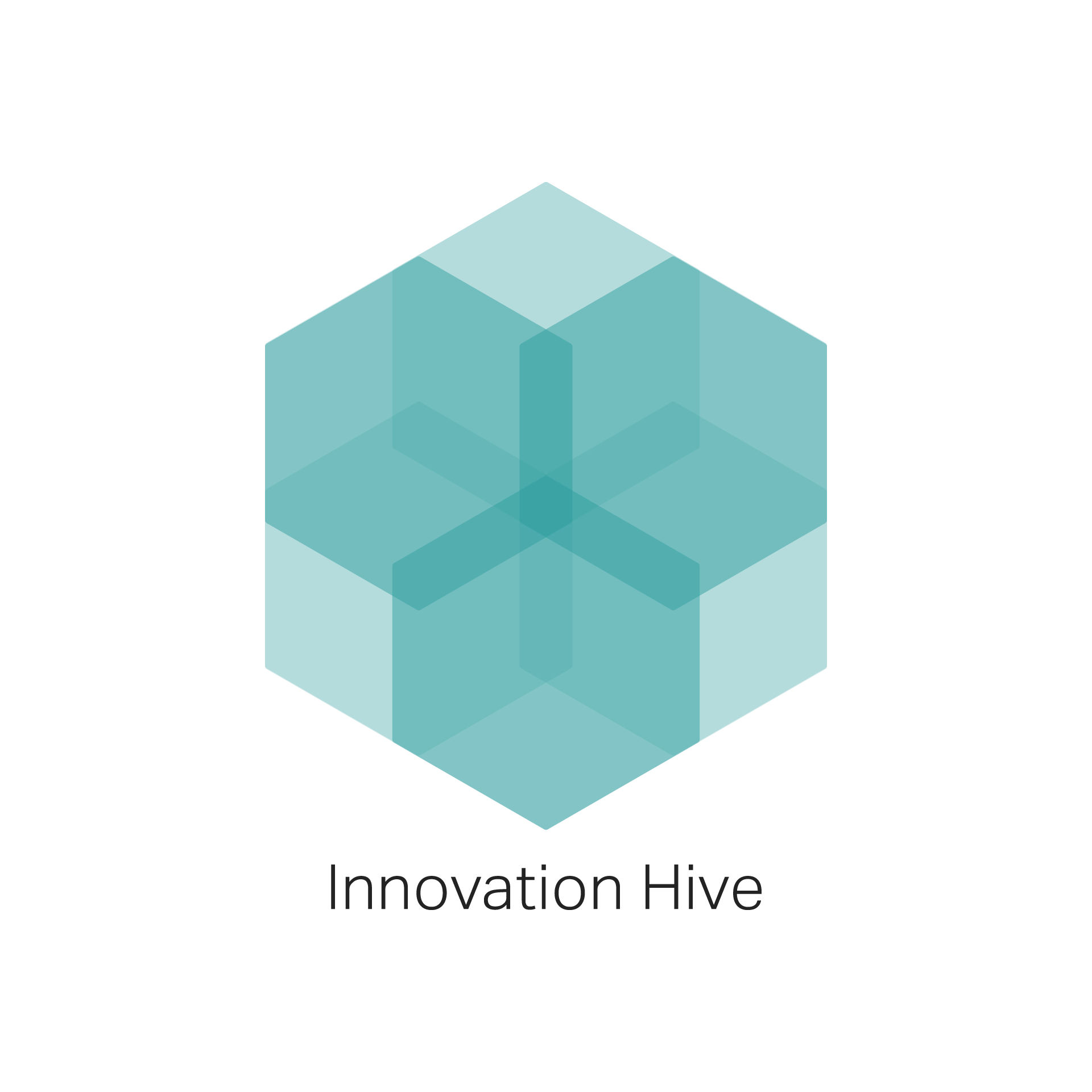Mercury contamination remains a huge challenge, putting at risk both environmental safety and human well-being around the world. The persistent presence of mercury, from a variety of sources including everyday consumer goods, requires concerted efforts to reduce its harmful effects. Recognising this urgency, projects such as the LIFE MERCURY-FREE are supporting awareness raising, informed decision-making and behavioural change among consumers. With a variety of approaches, the project aims to fight mercury pollution by supporting the widespread adoption of mercury-free alternatives in households, thus protecting the health of our planet.
The adoption of Mercury-free Alternatives for a Healthier Planet, is a critical aspect of efforts to reduce environmental pollution. From healthcare to manufacturing to energy production, the transition to mercury-free alternatives is necessary to reduce human exposure to this toxic substance and lessen its harmful effects on ecosystems. Efforts such as the phasing out of mercury-based thermometers and dental amalgams, combined with advances in technology for chlorine production and electrical equipment manufacturing, demonstrate the feasibility and effectiveness of adopting mercury-free alternatives. In the energy sector, the switch to cleaner energy sources, such as natural gas, wind and solar power, is also instrumental in reducing mercury emissions from coal-fired power plants, thus contributing to a healthier planet.
At the heart of the project is a commitment to reduce environmental pollution from mercury-laden consumer goods. Often mismanaged due to a lack of awareness and appropriate disposal mechanisms, these goods continue to cause mercury pollution of ecosystems. By utilizing educational campaigns, behavioural knowledge and stakeholder engagement, the project empowers individuals and communities to make sustainable choices. Through the creation of mercury-free city communities, participating cities take positive steps to promote mercury-free alternatives, contributing to a common effort for a healthier planet. The project is also based on a multi-faceted strategy that addresses the root causes of mercury pollution. Through the adoption of a multi-stakeholder dialogue methodology, the project facilitates constructive engagement and collective problem-solving. This approach not only enhances its effectiveness, but also encourages knowledge sharing and innovation, setting the basis for sustainable environmental management.
The transition to mercury-free alternatives is essential for shaping a sustainable future. According to the World Health Organization, mercury exposure is responsible for approximately 1.2 million premature deaths annually due to health effects such as neurological disorders and cardiovascular disease. Through the project, an innovative platform is provided, the LIFEe-HUB, where individuals, communities and policy makers can be equipped with the tools and knowledge needed to adopt sustainable solutions and safeguard the health of our planet for future generations. As awareness grows and concerted efforts increase, we are getting closer to a future where mercury pollution is no longer a threat, but a past issue.



